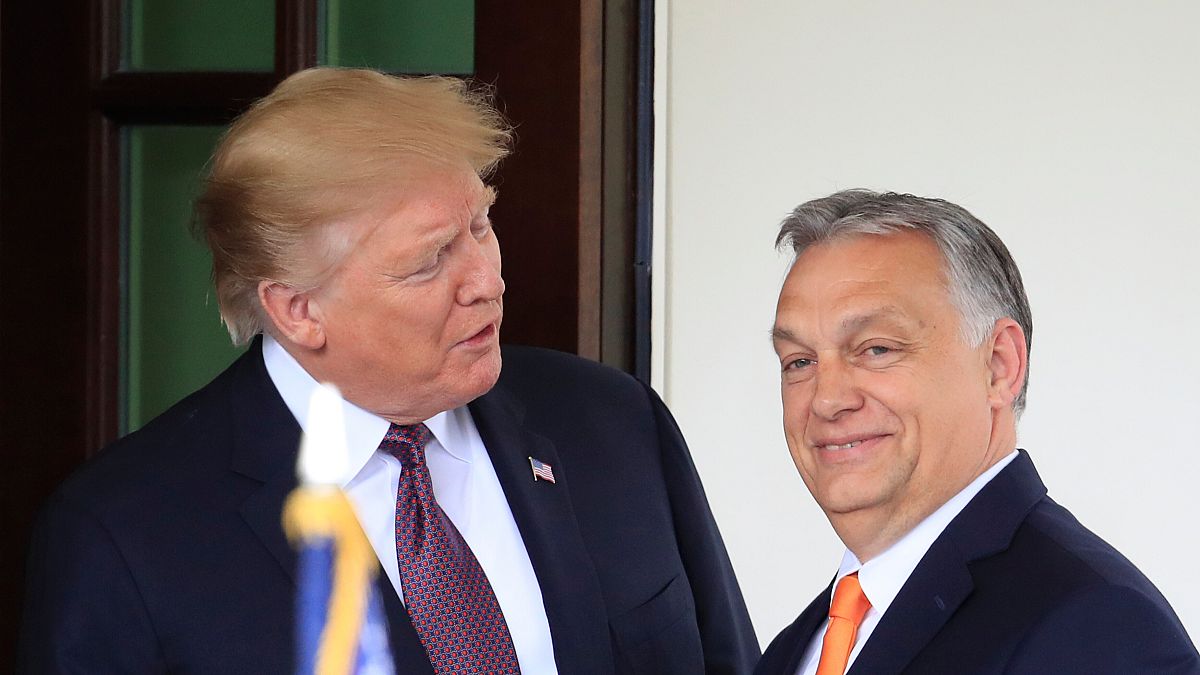As the US election results continue to hang in the balance, European leaders are mentally preparing for the possibility of another term for Donald Trump as president. This potential outcome would have significant implications for trade, diplomacy, and the collective security framework that has maintained peace in Europe since World War II. Trump has shown where his allegiances lie in Europe, aligning with right-wing leaders who share his views on international institutions, multiculturalism, and free trade.
One of Trump’s notable allies in Europe is Hungarian Prime Minister Viktor Orbán, who has been praised by Trump and his supporters for his leadership style and anti-globalist stance. Orbán has faced criticism from the EU for his authoritarian tendencies, including restrictions on media and academic freedoms. Despite Hungary’s relatively small size, Orbán’s influence can be significant due to the country’s power to veto decisions within EU institutions and NATO.
Slovakia’s Prime Minister Robert Fico, with a similar anti-LGBTQ+ and anti-immigration stance as Orbán, has also warmed to Trump and shares his admiration for Russian President Vladimir Putin. Another potential ally for Trump, especially among mainstream leaders, is Italy’s Prime Minister Giorgia Meloni. Meloni, despite her right-wing views, has managed to maintain good relationships with the international right while avoiding polarization within the EU.
Trump is likely to find staunch supporters among Europe’s radical right parties, such as Spain’s Vox, France’s National Rally, Alternative for Germany (AfD), and Reform UK, who share his anti-immigration and anti-NATO sentiments. However, these parties have not yet gained significant power or influence at the national level. European parliamentary elections this year did not see the expected surge of populist and far-right parties, indicating that most European leaders are not aligned with Trump’s political style.
If re-elected, Trump will face a Europe with leaders who are more inclined towards a pro-Ukraine and multilateralist approach. The implications of a second Trump presidency for US international relations may incentivize the center to hold. Despite Trump’s alliances with certain European leaders, the political landscape in Europe seems to lean towards a more centrist and internationalist approach, which may not align with his norm-defying, sovereignty-first stance.










